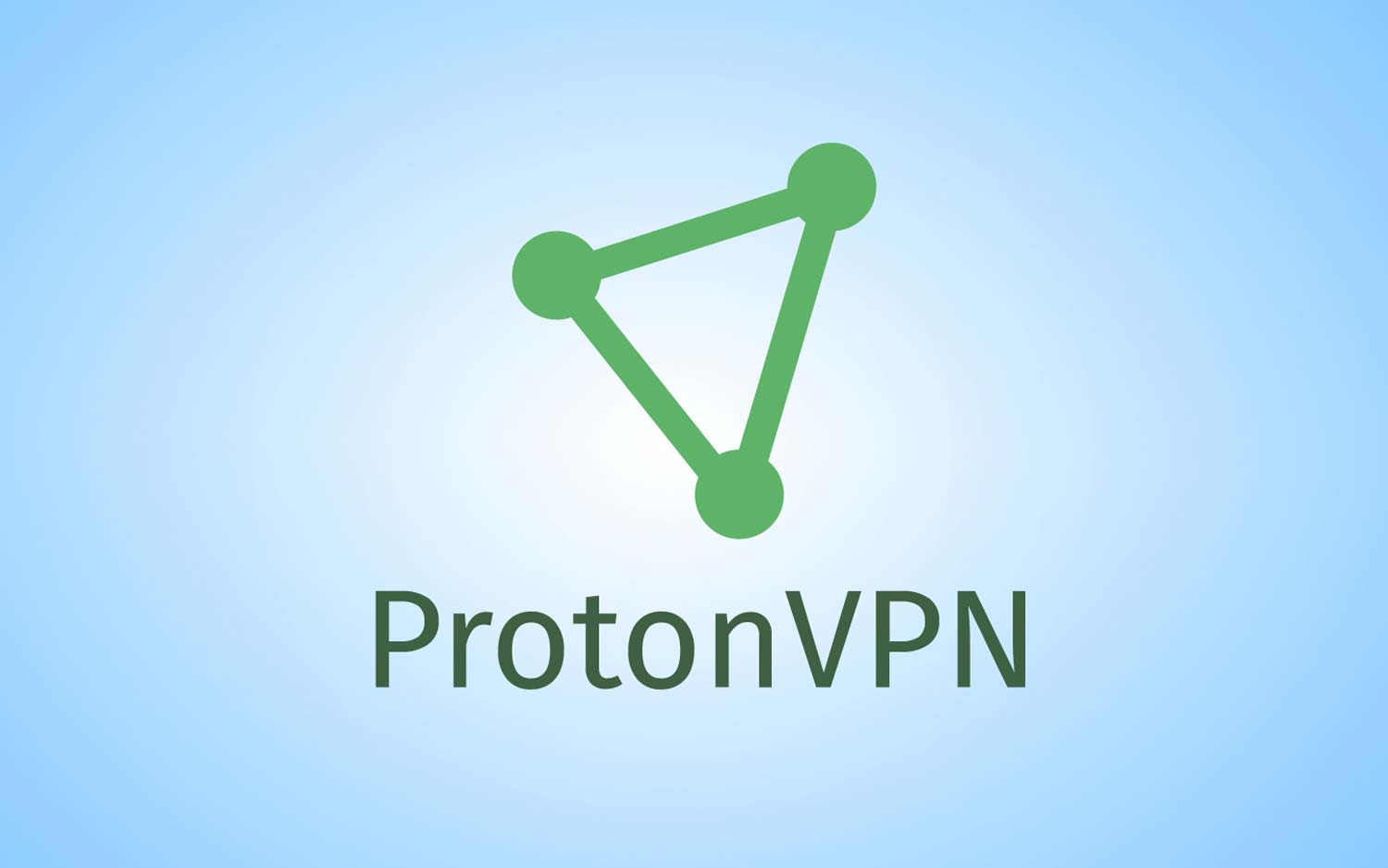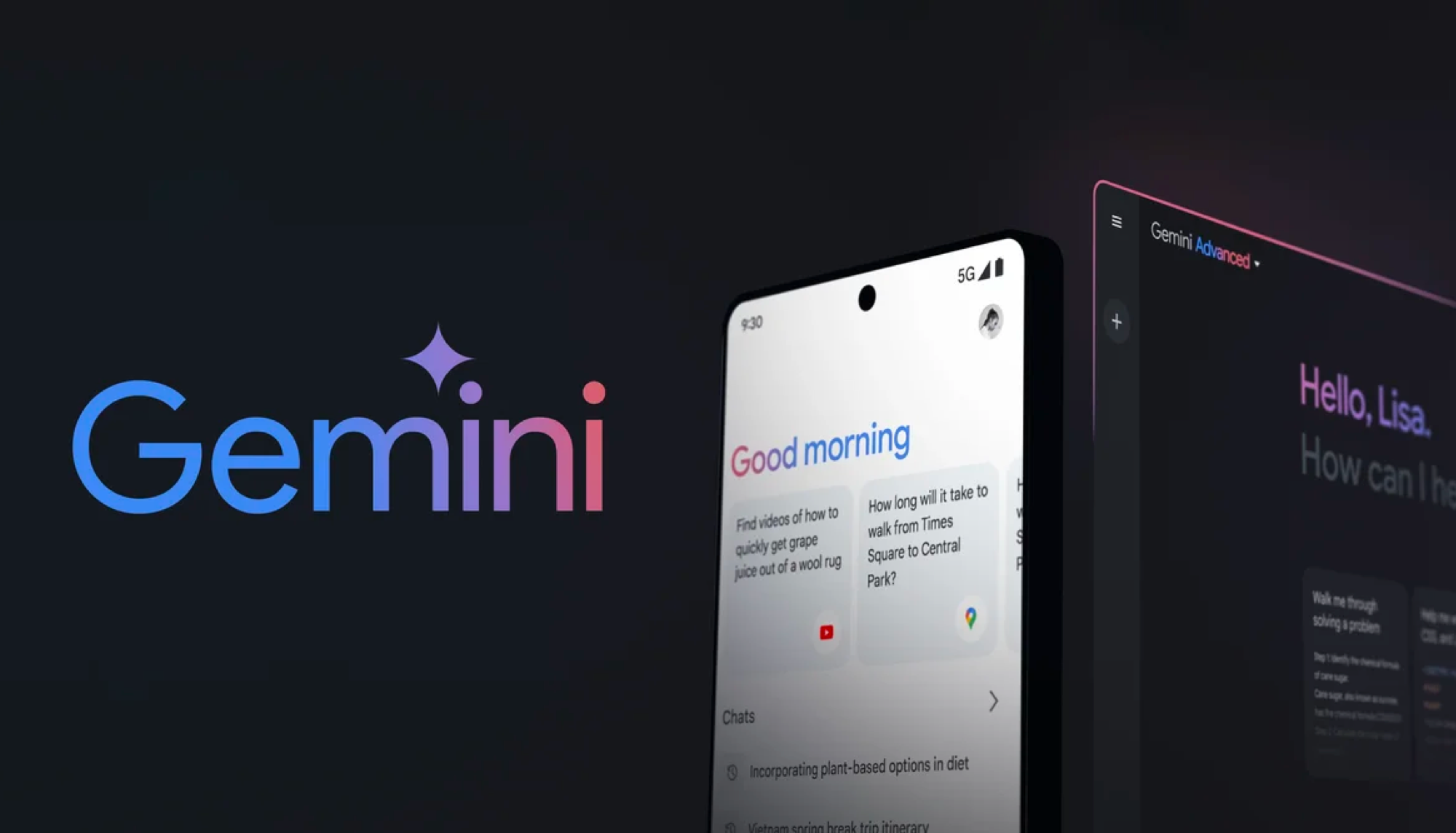ProtonVPN Android app now helps you evade censorship
ProtonVPN's Smart Protocol hops from one port to another

Swiss VPN provider ProtonVPN has enabled its "Smart Protocol" feature on its Android app, letting users automatically switch among VPN protocols if one or more protocols is being blocked by a Wi-Fi network administrator or an internet service provider.
The ProtonVPN Android app can use the OpenVPN protocol over the standard Transmission Control Protocol (TCP) internet protocol, OpenVPN over the User Datagram Protocol (UDP) internet protocol, or the IKEv2/IPsec VPN protocol.
- The best VPN services to keep your online activities private
- Best antivirus software for cleaning your PC
- Discover everything you can do with VPNs in our guide to VPN uses
Each of these protocols uses standard network ports, but those ports can be individually blocked by an IT administrator, school network administrator or ISP that doesn't want students, employees or customers using VPNs.
So in a game of whack-a-mole, ProtonVPN's Smart Protocol hops from one protocol to the next, and from one port to the next available one, to find a path out to the internet.
A port in any storm
For example, the IKEv2/IPsec VPN protocol typically uses ports 500 and 4500, and no other service typically uses those ports. So it would be easy for a network admin to block those ports without too much disruption to normal business. Likewise, OpenVPN normally uses port 1194, and not many other services do.
But OpenVPN can also use port 443, which is used by almost all encrypted web traffic. If a network administrator blocked that port, he or she would be blocking most of the web for anyone on the network. If your ProtonVPN Android app switched to OpenVPN on that port, you might see some slower speeds, but you'd get through.
ProtonVPN rolled out Smart Protocol for its Windows client software last September. That software doesn't support IKEv2/IPsec, only OpenVPN, but Smart Protocol nevertheless hops between ports 1194, 443, and other ports that support TCP and UDP that ProtonVPN doesn't want to disclose "as then hostile ISPs and networks could block them."
Sign up to get the BEST of Tom's Guide direct to your inbox.
Get instant access to breaking news, the hottest reviews, great deals and helpful tips.
(TCP is what handles most web traffic, such as the data to display a website in your browser. UDP often handles unlimited streams of data such as music or video.)
ProtonVPN also said that Smart Protocol "is coming to more platforms soon." It didn't give any more news on when it might roll out WireGuard capabilities, however.
Paul Wagenseil is a senior editor at Tom's Guide focused on security and privacy. He has also been a dishwasher, fry cook, long-haul driver, code monkey and video editor. He's been rooting around in the information-security space for more than 15 years at FoxNews.com, SecurityNewsDaily, TechNewsDaily and Tom's Guide, has presented talks at the ShmooCon, DerbyCon and BSides Las Vegas hacker conferences, shown up in random TV news spots and even moderated a panel discussion at the CEDIA home-technology conference. You can follow his rants on Twitter at @snd_wagenseil.

